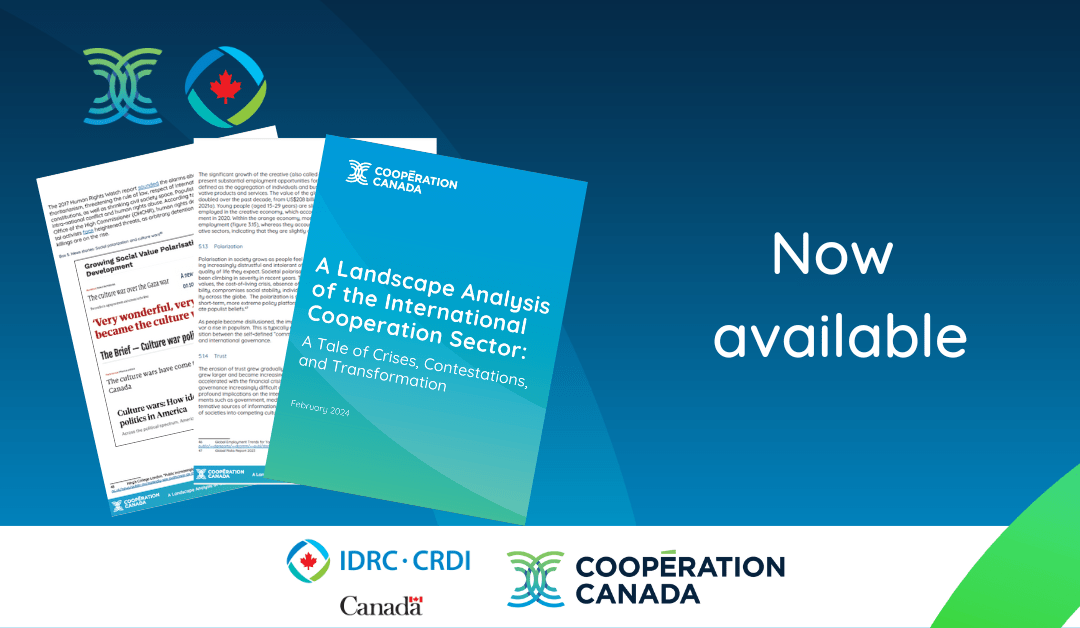
by Cooperation Canada | Feb 28, 2024 | Futures, News, Publications
Cooperation Canada is proud to announce the launch of our Global Landscape Analysis of the International Cooperation sector, a report of the Global Cooperation Futures Initiative funded by the International Development Research Centre (IDRC).
Drawing from a year of extensive research and insights from experts, our report provides a panoramic view of the challenges, trends, and emerging issues impacting international cooperation. As we stand on the cusp of unprecedented change, this analysis offers invaluable insights into the pressing issues facing the international community. From geopolitical shifts to economic warfare, climate change, and the digital divide, this report highlights the interconnectedness across and between issue areas and their implications for international cooperation actors.
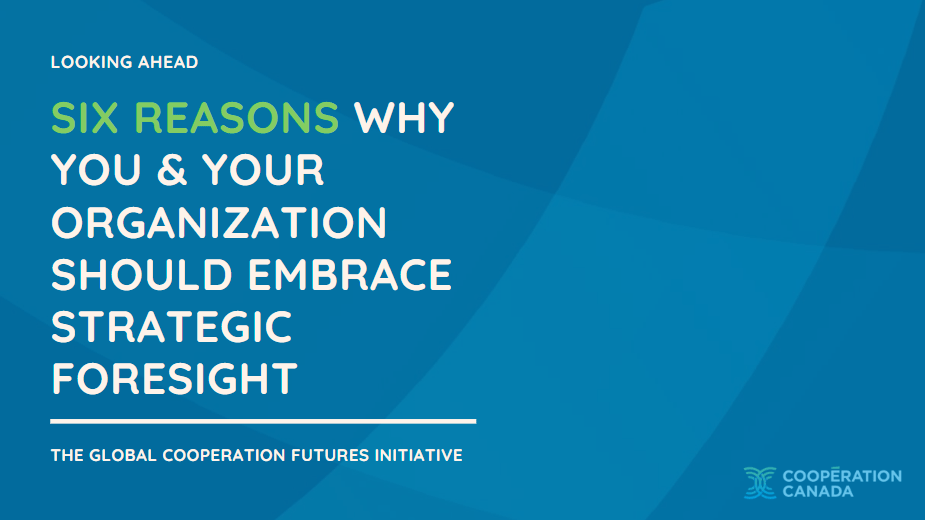
by Cooperation Canada | Feb 15, 2024 | Futures, News
It’s common knowledge that the pace of change in our world is accelerating rapidly, right? Each day brings fresh challenges, and now more than ever, our environmental, political, social, economic, and technological realms are deeply interconnected. A crisis originating in one corner of the globe can swiftly affect another, weaving an intricate network of interrelated issues that demand our immediate attention. In such a dynamic environment, organizations cannot afford to merely react, particularly Civil Society Organizations (CSOs), which increasingly find themselves leading the charge for change.
To stay effective and pertinent, CSOs must adopt a proactive stance that enables them not only to identify emerging trends but also to foresee their repercussions and adapt promptly.
Strategic foresight might be the answer. It provides a systematic approach to exploring potential future developments and their impact on present-day decision-making. In this blog, we explore why CSOs should embrace strategic foresight as a crucial tool for strategic planning and decision-making, outlining six key benefits of doing so.
Identifying emerging trends and drivers of change
Strategic foresight involves diligently scanning the horizon for emerging issues and trends. As CSOs become adept at identifying, tracking, and analyzing these nascent patterns and shifts across diverse sectors, they enhance their ability to adapt their strategies and stay ahead of their game.
Developing customized advocacy
Once CSOs anticipate the potential repercussions of emerging trends within their specific areas of focus, they can adjust their advocacy strategies accordingly. They are also better positioned to engage in policy advocacy grounded in evidence leading to the creation of more sustainable and all-encompassing policies.
Formulating flexible responses and interventions
The ability to formulate flexible responses to swiftly altering circumstances is a hallmark of proactive CSOs. By pre-emptively envisioning plausible scenarios and hurdles, these organizations can ensure that resources are mobilized proactively and allocated efficiently to tackle emerging challenges.
Engaging in innovation and experimentation
CSOs should not shy away from embracing novelty and experimentation. Strategic foresight equips CSOs to construct alternative scenarios about what future changes could occur and design forward-looking strategies for advancing or reframing their objectives under a wide range of possible circumstances. Envisioning the future and exploring innovative solutions allows them to test uncharted waters, adjust to changing situations, and instigate transformative change within their domains.
Building Credibility and Trust
By becoming proactive trailblazers who can foresee challenges and devise innovative solutions, CSOs enhance their credibility and reputation among stakeholders, benefactors, and beneficiaries. This trust increases the credibility and reputation of these organizations.
Ensuring Long-Term Viability
Strategic foresight helps to prevent poor decisions based on unquestioned assumptions about the future. Practicing foresight enables one to spot new challenges sooner, so as not to be caught by surprise, and to perceive a broader universe of positive opportunities. CSOs are better equipped to bolster their organizational endurance and long-term viability by constantly assessing the relevance and efficacy of their strategies and initiatives.
In conclusion, embracing strategic foresight enables CSOs to proactively shape the future they envision, positioning them as leaders in driving social change, promoting human rights, and addressing the complex challenges of our time. While at it, CSOs should remember that today’s problems require collective action and therefore strategic coalitions and partnerships surrounding the use of foresight will be necessary to pool resources, exchange knowledge, and help carve a path towards a more equitable, sustainable, and better world for all.
Stay tuned to learn about Cooperation Canada’s journey into the uncharted waters of strategic foresight through the Global Cooperation Futures Initiative funded by the International Development Research Centre (IRDC).
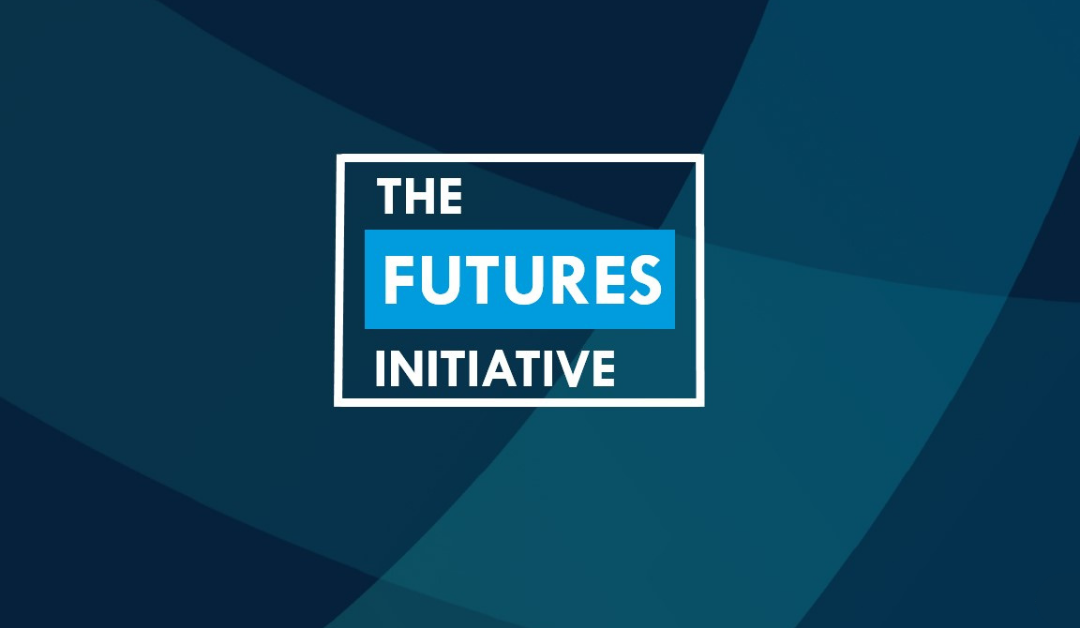
by Cooperation Canada | Jul 21, 2023 | Futures, News
On July 11, 2023, the members of the Core Advisory Group of the Global Cooperation Futures Initiative met to discuss progress made so far, provide feedback as well as recommendations for the next phases of the project.
The Core Advisory Group is a subset of the Strategic Advisory Committee, with 7 members, most of whom with experience in strategic foresight, international cooperation and representing various sectors, including academia, civil society organizations (CSOs), and multilateral organizations. They advise on strategic orientations, including key elements of the project’s process, development, and implementation, including the scope of the environmental scan.
The meeting was opened by Kate Higgins, Cooperation Canada’s Chief Executive Officer, followed by a presentation of the project’s key milestones, challenges to date, and upcoming deliverables by Andy Ouedraogo, Research and Program Officer.
The group discussed concerns and risks associated with a shorter/longer time horizon and the implications for end users’ ability to make the most out of the insights generated by the Futures Initiative. The consensus was that scenarios tend to occur at a faster rate than originally anticipated due to the pace of (i.e., technological) change, hence scenarios developed in 2035 will be useful for planning for 2030, target of this project.
They also provided valuable insights on the initial draft of the environmental scan, the research prioritization workshop and the upcoming regional dialogues aimed to capture perspectives in the global south as well as signals of change, emerging issues and perceptions of the future. It was agreed that although the focus and priority of the regional dialogues would be on Southern regions, it would be a missed opportunity not to engage Northern CSO networks with expertise in foresight.
The meeting ended with a brief overview of the next steps as well as dates for the second advisory committee meeting.
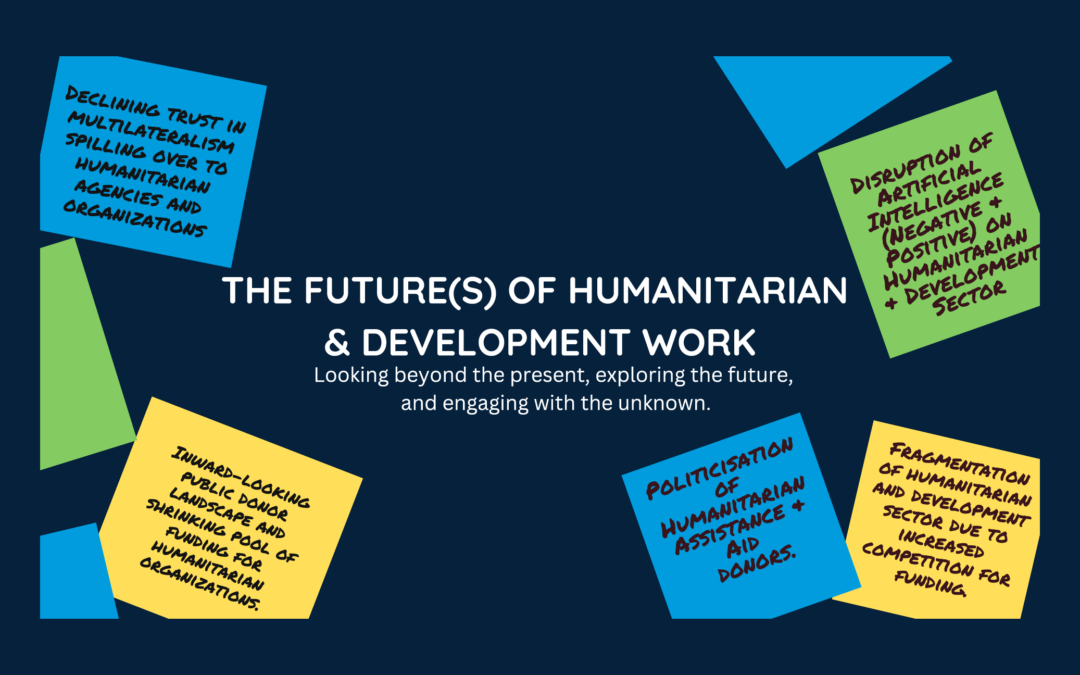
by Cooperation Canada | Jul 4, 2023 | Futures, News
On June 13th, 2023, Cooperation Canada facilitated a workshop during The Humanitarian Response Network Triannual Meeting in Toronto. The workshop was one of many Cooperation Canada intends to convene under the umbrella of its Futures Initiative and aimed at prompting discussions about the future(s) of global cooperation, in this case, the future(s) of Humanitarian and Development work.
The intent of the session was to capture through strategic conversations, humanitarian and development stakeholder perspectives, knowledge, and experiences to better understand systemic complexities and drivers of change. This was achieved by getting participants to reflect on current challenges, risks and vulnerabilities, emerging issues, and potential disruptors in their day-to-day activities and in the sector at large. Attendees were then guided through a visioning exercise, enabling them to think creatively about the future of Humanitarian and Development work and reimagining global cooperation.
Anticipating that participants might struggle with envisioning a future further away from the current realities of urgent response to growing and increasingly complex crises, Cooperation Canada’s Research and Program Officer, along with a Design Strategist and Foresight Expert, sought to create an immersive experience, taking participants from the familiar present to the unknown and plausible future.
Three stories from the session
The first is one of a sector faced with growing financial and operational challenges, rigid funding requirements, government restrictions and sanctions, as well as constrained resources to respond to the growing need for aid.
The second depicts a sector increasingly concerned with the declining trust in social institutions, progressively shrinking donor bases, development-humanitarian sector fragmentation, legislative barriers to and the politicization of aid, increased competition for funds, as well as the impact misinformation on INGOs in the digital age.
The third story reflects a vision of a more proactive, anticipatory humanitarian and development sector characterized by unity, intra-sectoral collaboration and coordinated efforts to tackle growing needs and emerging challenges. This is to be achieved through innovative and sustainable funding architectures, transdisciplinary resource sharing, the full application of humanitarian principles, and a shared conceptualization for the sector’s future.
While these stories are not representative of the sector at large, they reinforce some of the main narratives that dominate discourse on global cooperation and are of extreme value to the development of plausible future scenarios. As we engage with more partners in these reflective discussions, we look forward to seeing innovative ideas and storylines emerge and developing them into convergent narratives about what might be of cooperation in the next 7-10 years.
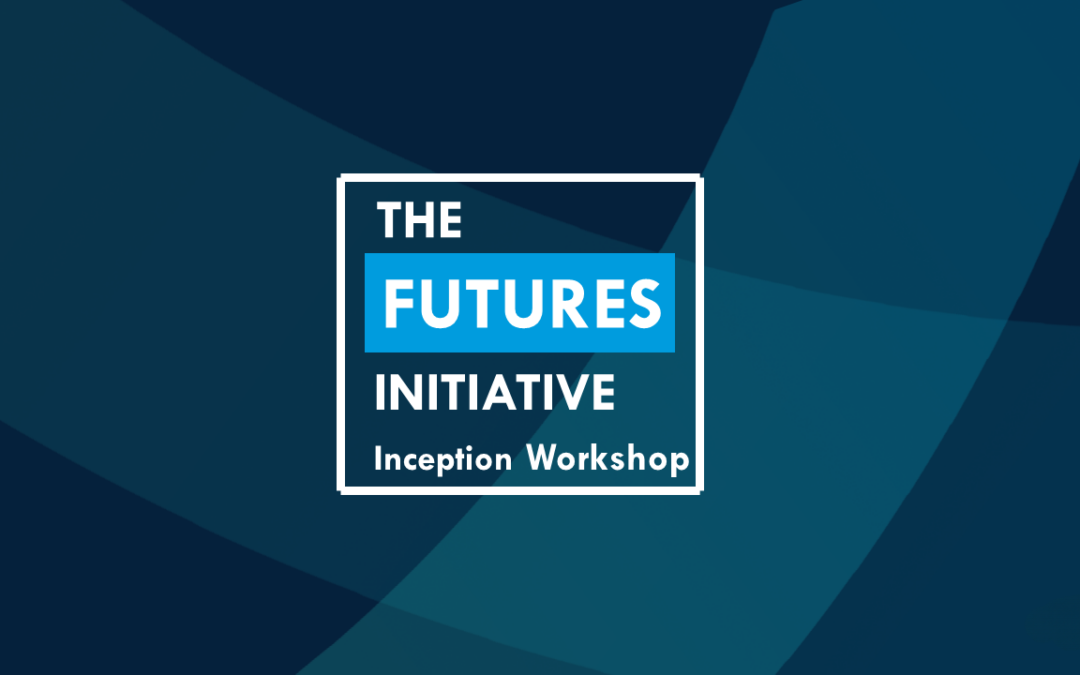
by Cooperation Canada | May 2, 2023 | Futures, News
On April 27, 2023, Cooperation Canada hosted the inception workshop of its Global Cooperation Futures Initiative. The initiative, launched in October 2022 with funding from the International Development Research Centre, aims to reimagine the next generation of international cooperation by developing three scenarios of plausible futures of cooperation in the next seven to ten years.
In her opening remarks, Kate Higgins, Cooperation Canada’s Chief Executive Officer, expressed gratitude to the initiative’s Strategic Advisory Committee shared her hopes that the Futures Initiative will help strengthen the capacity of Canadian civil society organizations engaged in international cooperation think systematically about the future, and adapt to changing dynamics in the international ecosystem.
Andy Ouedraogo, Cooperation Canada’s Research and Program Officer and workshop facilitator, presented the project’s objectives, the temporal and geographical scope, impact pathway, consultant teams, and expected outputs. She introduced strategic foresight as a useful tool and method for better future preparedness and policy innovation for actors in global development cooperation.
The lively discussions that took place during this workshop attest to the interest in this initiative of the over 60 participants from the Cooperation Canada membership and beyond, including organizations based in Africa, Asia, and Europe. At the start of the workshop, a survey captured the participants’ understanding of strategic foresight, and their organizations’ future preparedness. 84% of respondents admitted that their organizations spent more time responding to challenges than anticipating them. On their knowledge of strategic foresight, 50% claimed to have satisfactory knowledge of the discipline. These insights will be considered in the planning and evaluation of the initiative’s next activities.
At Cooperation Canada, we’re excited to engage with Cooperation Canada members and others on this initiative, to prepare and position ourselves to be relevant, and have impact, in a fast-changing Canadian and global context. We look forward to your continued engagement!
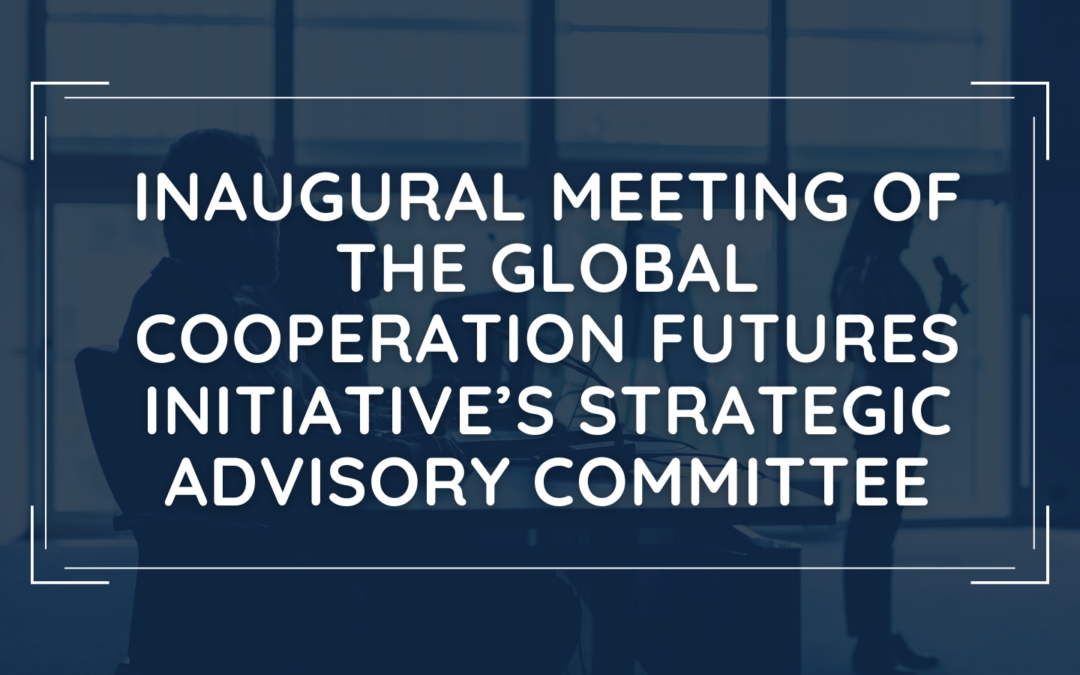
by Cooperation Canada | Mar 28, 2023 | Futures, News
On March 10, 2023, members of the Strategic Advisory Committee of the Global Cooperation Futures Initiative met for their inaugural meeting. Through the Futures Initiative, Cooperation Canada aims to reimagine global development cooperation futures and inform the positioning of international cooperation actors in a post-2030 era. Using strategic foresight, the project takes a systematic approach to looking beyond the present, exploring the future, and engaging directly with the unknown.
Members of the Advisory Committee were selected from around the world for their experience in strategic foresight and international cooperation and represent various sectors, including academia, civil society organizations (CSOs), and multilateral organizations.
The inaugural meeting was opened by Kate Higgins, Cooperation Canada’s Chief Executive Officer, who in her opening remarks, reiterated the organization commitment to fostering a more collaborative, connected, and inclusive enabling environment for the Canadian international cooperation sector and beyond. She stressed the importance of partnerships in understanding and adapting to the increasingly volatile and complex space in which civil society organizations operate. Ms. Higgins also expressed hope that the Futures Initiative would help strengthen the capacity of Canadian CSOs to tackle emerging challenges, adapt to rapidly changing dynamics in the international ecosystem and think systematically about the future.
Cooperation Canada’s Research and Program Officer then presented the primary objectives of the project, key areas of focus, milestones, and expected outputs. The committee discussed the various levels of participation and engagement of different stakeholder groups. The Committee will reconvene at the project inception workshop in April.
Committee Members bio profiles






